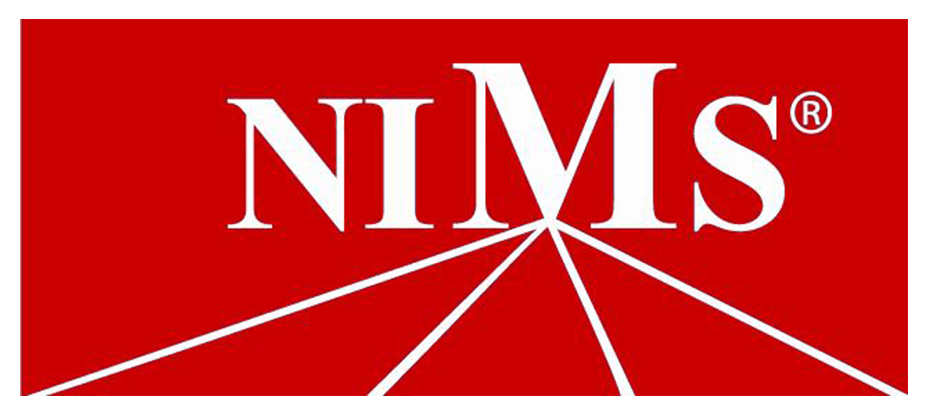Precision Machining and Manufacturing
Precision Machining is SCC's machine tool program. Students learn to set up and operate
all standard machine tools. Students acquire knowledge and skills in mathematics,
blueprint reading, computer aided drafting, precision measuring equipment including
CMM training, and computer numerical control (CNC) as well as CAD/CAM training. The
Precision Machining and Manufacturing Program is accredited by the National Institute of Metalworking Skills (NIMS). Each student will have the opportunity to earn Level I Credentials with NIMS.

